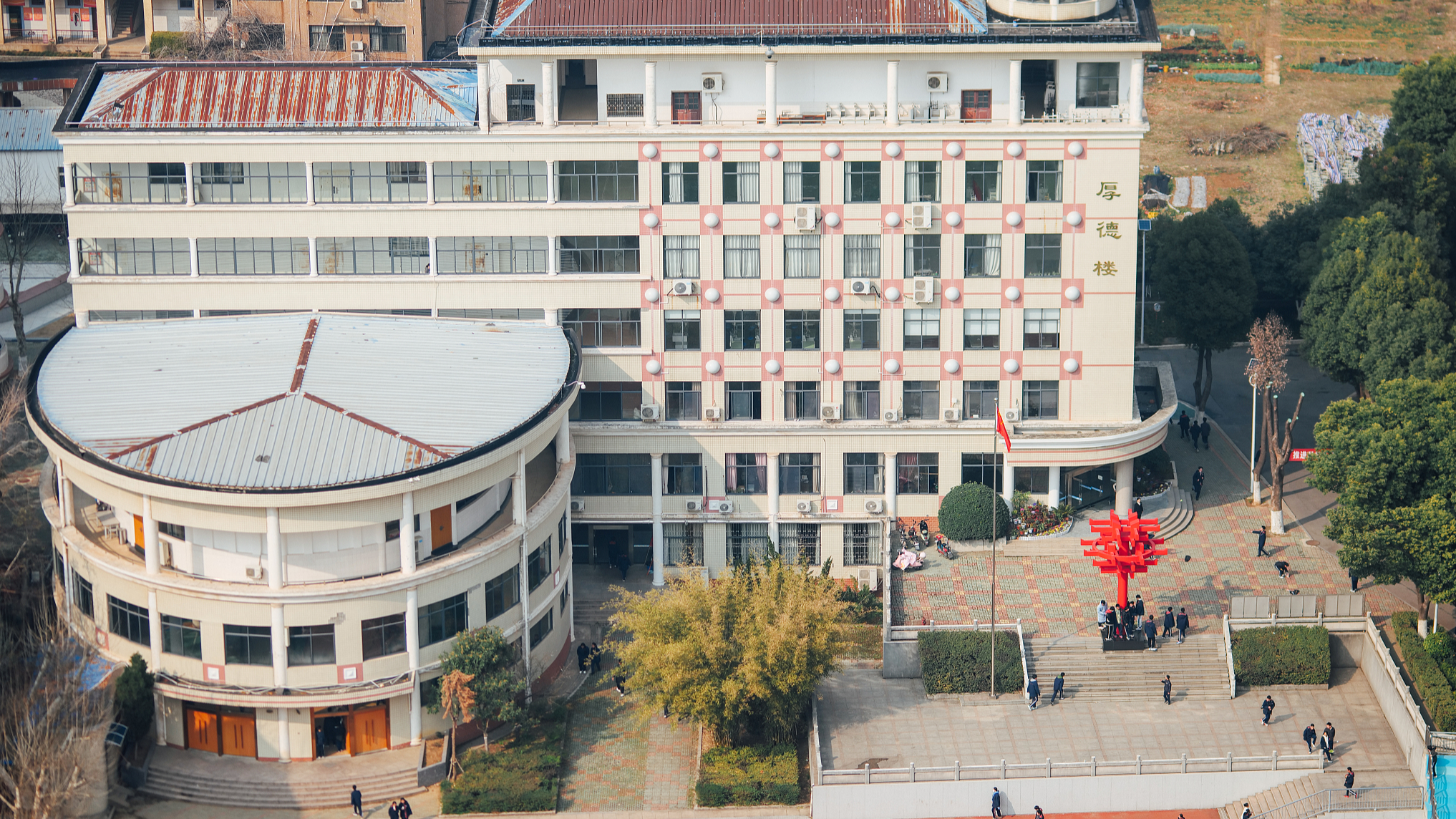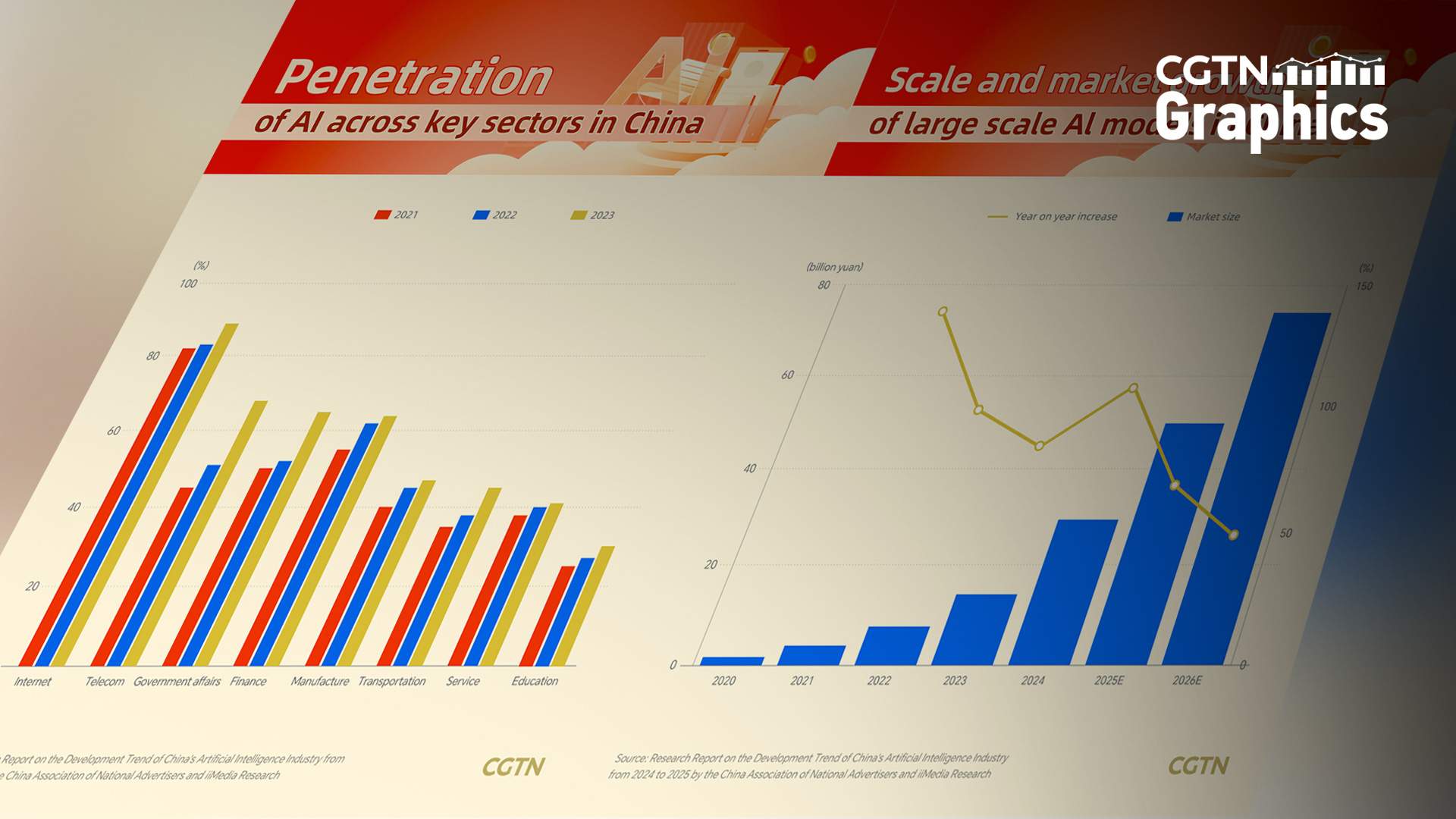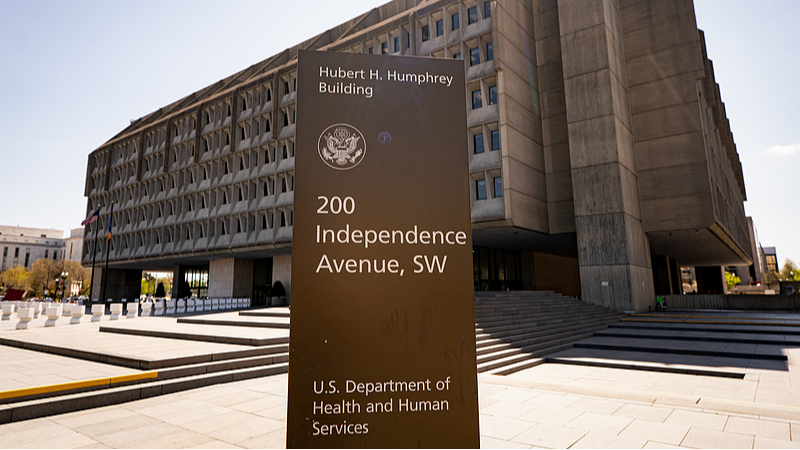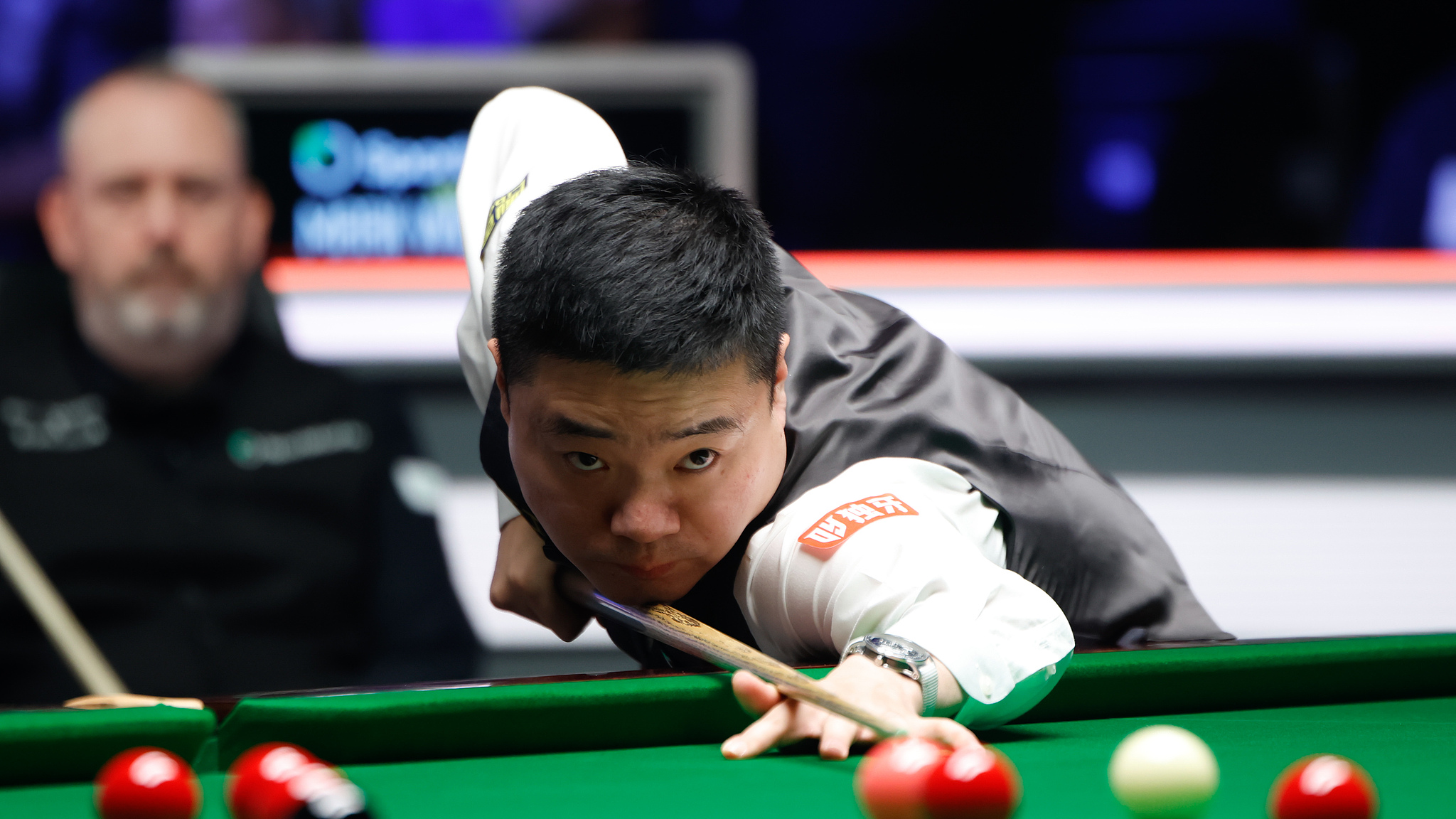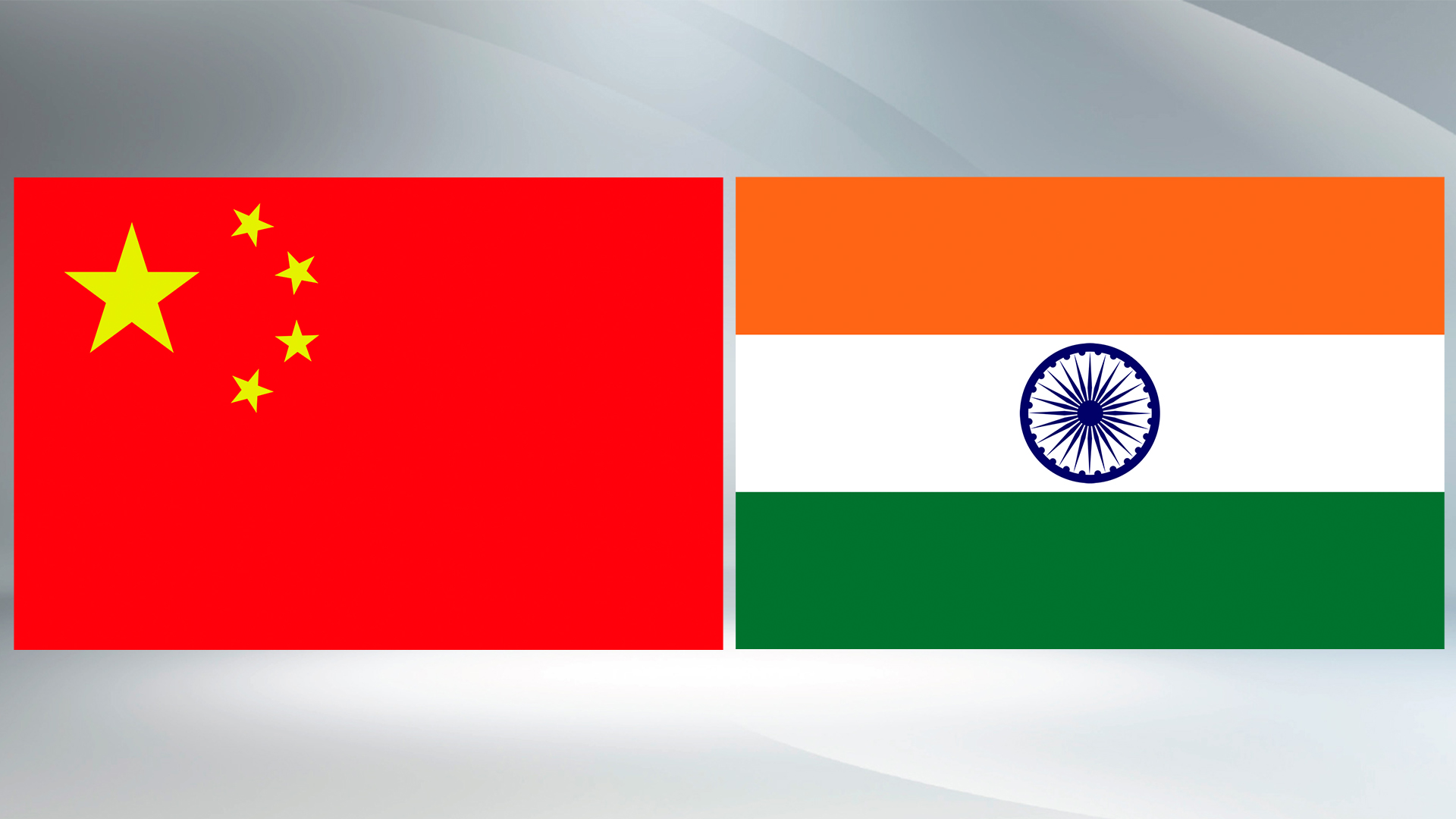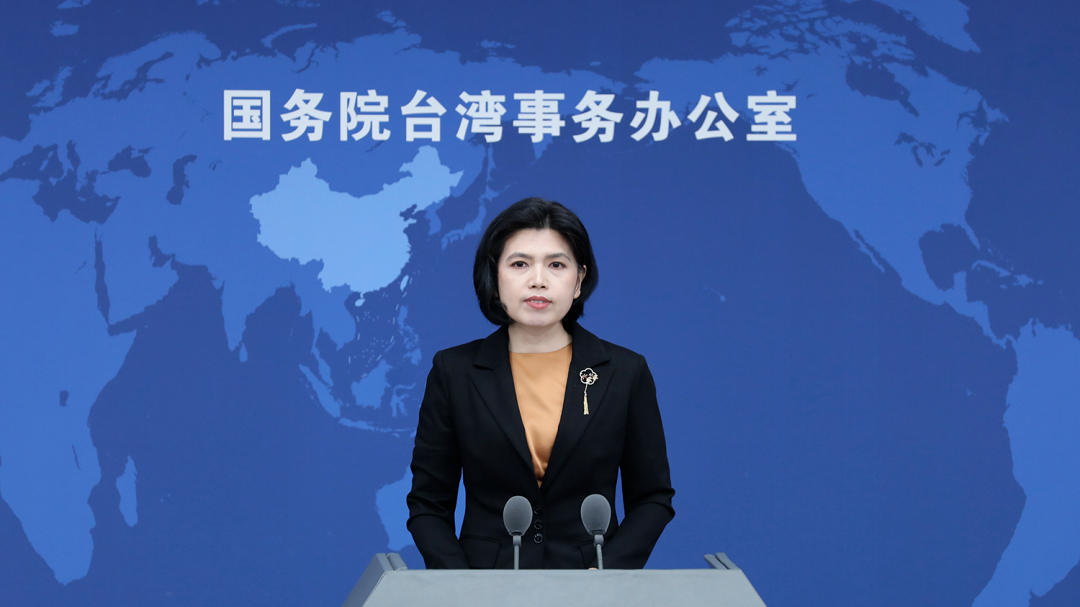At the AI Action Summit in Paris, global leaders stressed the need for international cooperation to harness AI for sustainable development.
China has emerged as a key partner, sharing its AI expertise to help developing nations bridge the digital divide and drive economic growth.

French President Emmanuel Macron speaks during the Artificial Intelligence Action Summit at the Grand Palais in Paris, February 10, 2025. /VCG
French President Emmanuel Macron speaks during the Artificial Intelligence Action Summit at the Grand Palais in Paris, February 10, 2025. /VCG
Under the Belt and Road Initiative, China has introduced AI-driven solutions in manufacturing, transportation and agriculture.
In countries like Pakistan and Kenya, Chinese firms have implemented smart farming techniques, such as automated irrigation and pest detection, to boost crop yields and tackle food security challenges.
Meanwhile, AI-powered logistics systems are enhancing supply chain efficiency in Southeast Asia by reducing costs and improving operations.
In the energy sector, Chinese companies are helping developing nations optimize energy management. In Thailand, partnerships with local energy providers have led to AI-driven smart grids and renewable energy integration.
Predictive analytics ensure stable electricity distribution while reducing reliance on fossil fuels.
Max Tegmark, an AI expert at MIT, noted at the 2025 World Economic Forum that China has made remarkable AI progress, emphasizing that geopolitical concerns should not hinder scientific collaboration.
Similarly, Madeleine Stevens, a senior lecturer at Liverpool John Moores University, praised China's Global AI Governance Initiative, highlighting its people-centered approach.
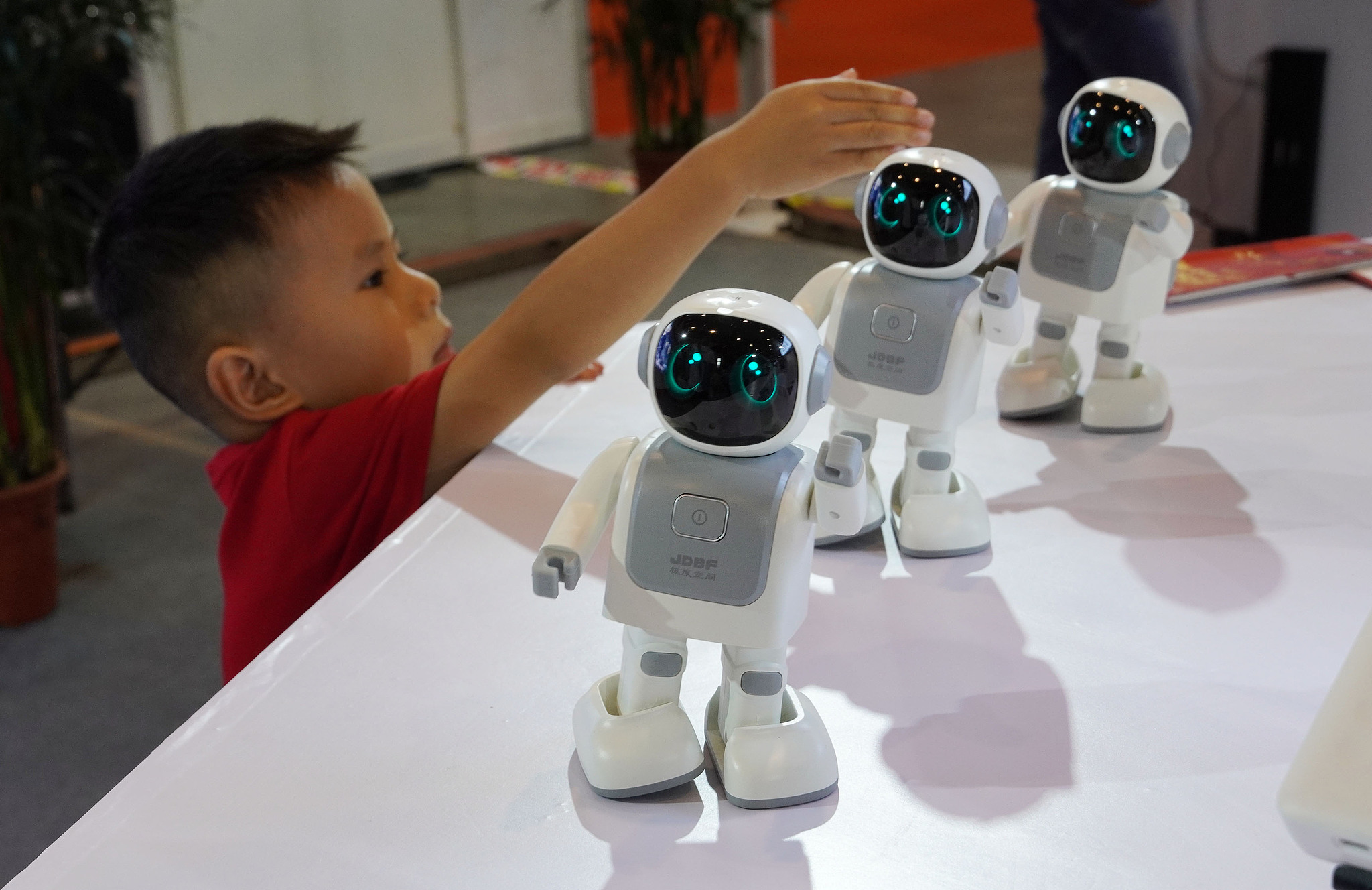
A child watches robots dance at the first China-ASEAN AI Summit Product Exhibition in Nanning, Guangxi Zhuang Autonomous Region, South China, September 7, 2019. /VCG
A child watches robots dance at the first China-ASEAN AI Summit Product Exhibition in Nanning, Guangxi Zhuang Autonomous Region, South China, September 7, 2019. /VCG
Chinese Foreign Ministry spokesperson Guo Jiakun stated that China actively embraces intelligent transformation, promotes the inclusive development of artificial intelligence, supports developing countries in building their capabilities and advocates for open-source AI technology to enable all nations to share the benefits of intelligence.
Lu Chuanying, Executive Deputy Director of the Cyberspace International Governance Research Base at Tongji University, noted that beyond industrial and technological advancements, China plays an active role in global AI governance, making it a significant force in this field. China was among the first to propose various AI-related initiatives, reflecting its responsibility as a major power and its strong capabilities.
Education remains a cornerstone of China's AI cooperation. Institutions like Tsinghua University's Institute for AI Industry Research are partnering with universities in Africa and Southeast Asia to offer AI training programs and joint research projects.
These initiatives equip local professionals with the skills needed to drive digital transformation in their own countries.
By fostering international AI collaboration, China is contributing to a more inclusive and sustainable future. As AI reshapes industries worldwide, such partnerships ensure that developing nations are not left behind.
(Cover: Illustration of the Artificial Intelligence Action Summit at the Grand Palais in Paris, France, February 10, 2025. /VCG)











